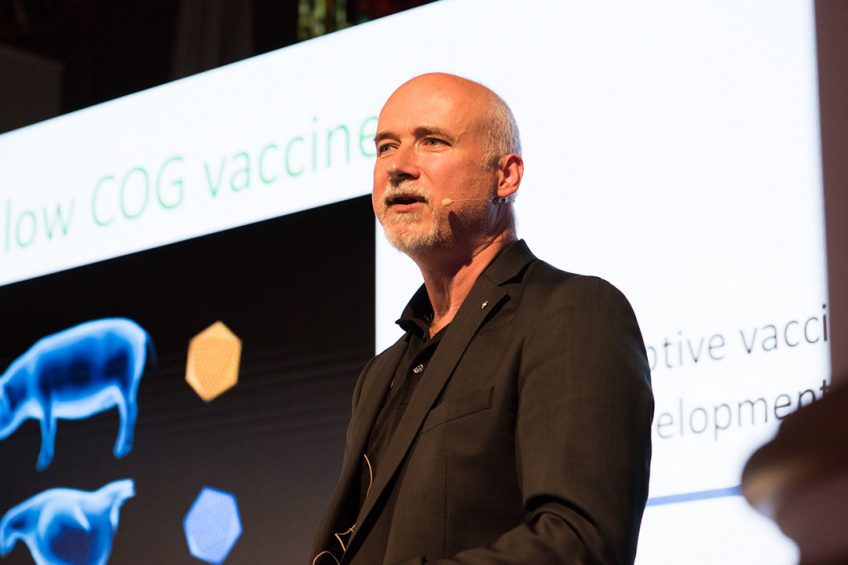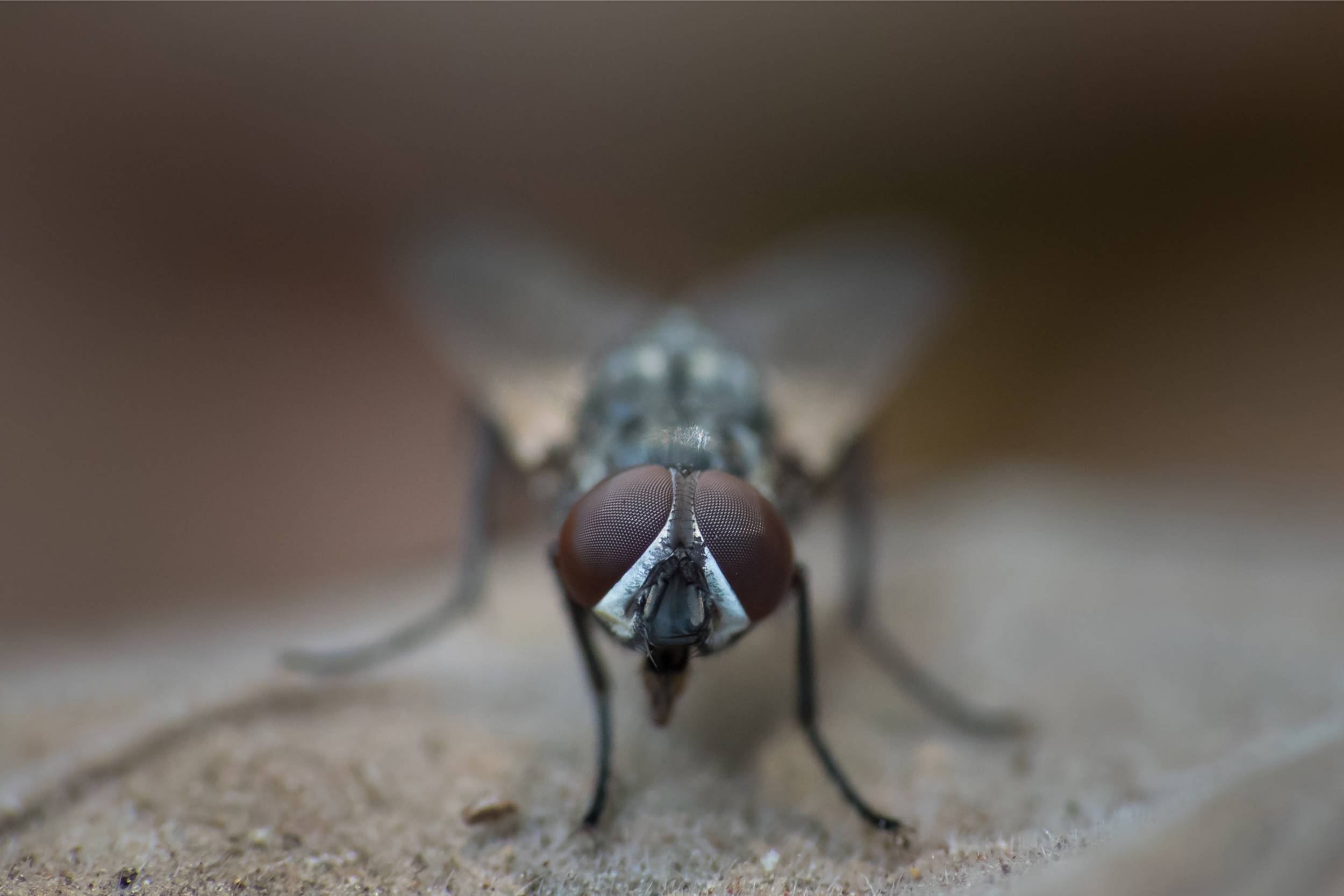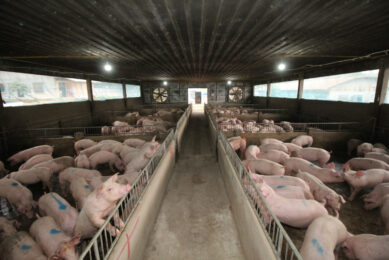This idea could help gain control over ASF

Almost concurrent with the first reported African Swine Fever (ASF) outbreaks in Belgium, a Belgian startup delivered a pitch for a disruptive technology to take control of ASF outbreaks at the first Foodbytes event in London, United Kingdom, in September.
Currently, mankind wastes 1.6 billion tonnes of food annually, which means that around a third of the world’s food is lost or thrown away each year. Diseases like ASF, where the only strategy is to cull animals, can lead to a significant contribution of food waste. That is why ViroVet was one of the 20 invited innovative start-ups in food and agricultural technology to pitch at FoodBytes. At this event, addressing global food waste and loss was a major driver to support start-ups with relevant innovations. FoodBytes is part of the Rabobank banking for food strategy and provides a platform for entrepreneurs to access mentorship and connections to grow their business.
ViroVet, winner of the 2017 Animal Pharm start-up of the year award, claims to be the first company to be developing a new generation of vaccines based on plasmid-launched live attenuated viruses and the first to develop antiviral medicines for livestock.
Cold chain distribution
In an interview with Pig Progress, Chief Executive Dr Erwin Blomsma explained why the company’s technology is disruptive: “The derived vaccines are low cost, don’t need cooling and can be quickly adapted to emerging diseases or different species. The vaccines can be stable for weeks at temperatures of up to 50°C, removing the need for cold chain distribution. Our vaccines have the safety of killed virus vaccines and efficacy of live attenuated virus vaccines.”
The company also develops antiviral drugs. Dr Blomsma said: “The antiviral drugs can kill viral replication within hours so whenever time is of the essence and a spreading disease needs to be slowed down and eventually eliminated, these products are key and complementary to vaccination. We have proven in the past with Classical Swine Fever (CSF) studies (including outbreak modelling) that using antivirals will significantly shorten the duration and size of the outbreaks.”
Antiviral drug technology
It is their antiviral drug technology that has a solution in the pipeline with the potential to contain ASF outbreaks. The strategy would be as follows, Dr Blomsma said: “Treat animals in a 1 or 2 km zone around an infected herd and ‘freeze’ the outbreak by stopping transmission by infected animals and preventing infection of the others.”
Whilst developing the products to an approved antiviral drug (ready for stockpiling) will take several years, additional funding and/or support from the EC could provide for an emergency version of their drug.
Dr Blomsma continued, “This could be developed to ‘disinfect’ areas where ASF is present after which we would have to cull the treated animals as long as there is no drug approval. Of course, in such a scenario you should be able to gain control over an ASF outbreak quickly and very few animals would have to be culled compared to today’s strategy where culling animals is the only option.”

Read more about African Swine Fever using the Pig Progress Health Tool
With their current A financing round, the company can finalise the proof-of-concept work demonstrating that the antiviral drugs as well as vaccines behave as expected when used in the target species. The company will be testing its first vaccine in swine for CSF prepared for the Chinese market within 6 months.











